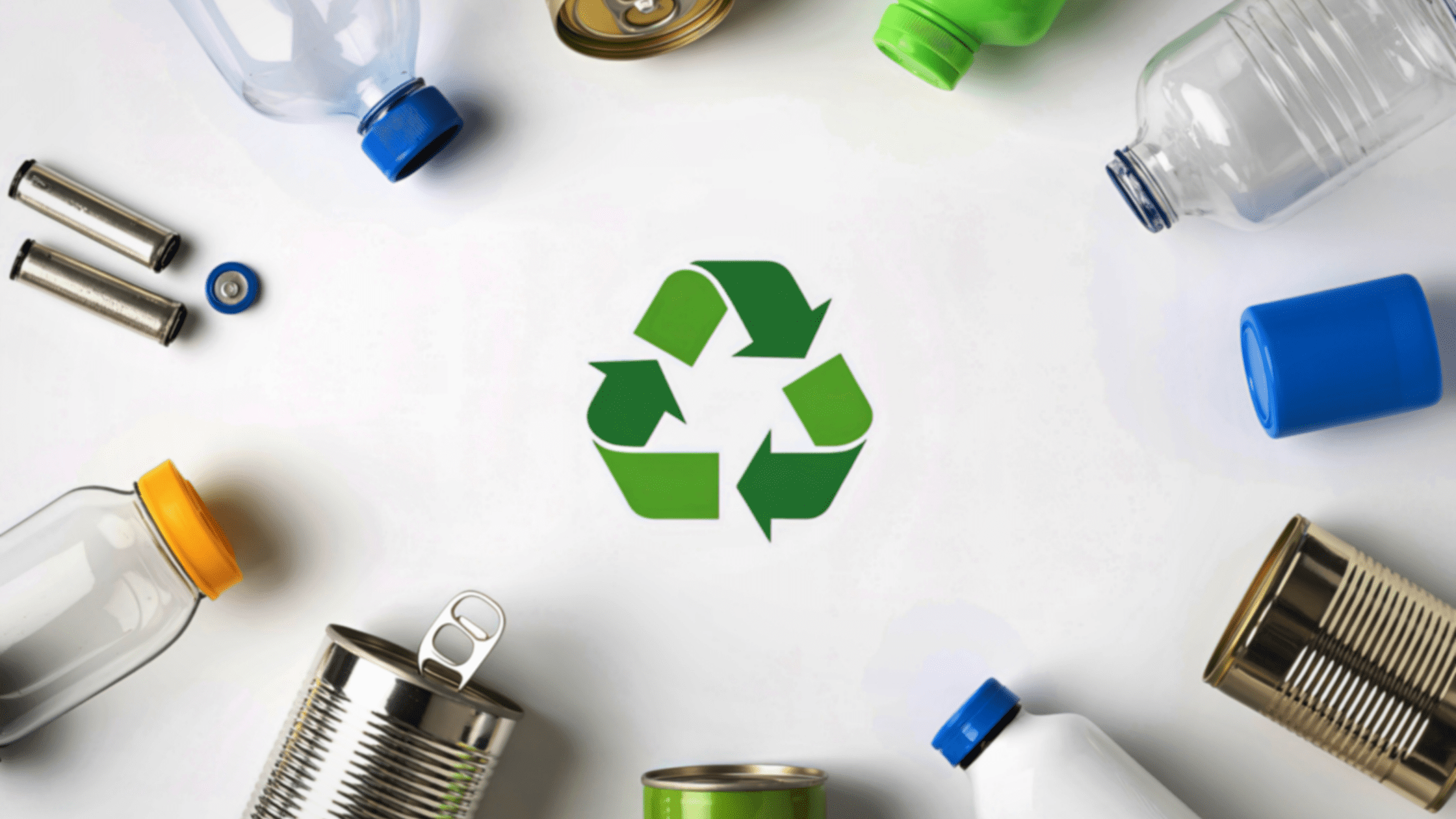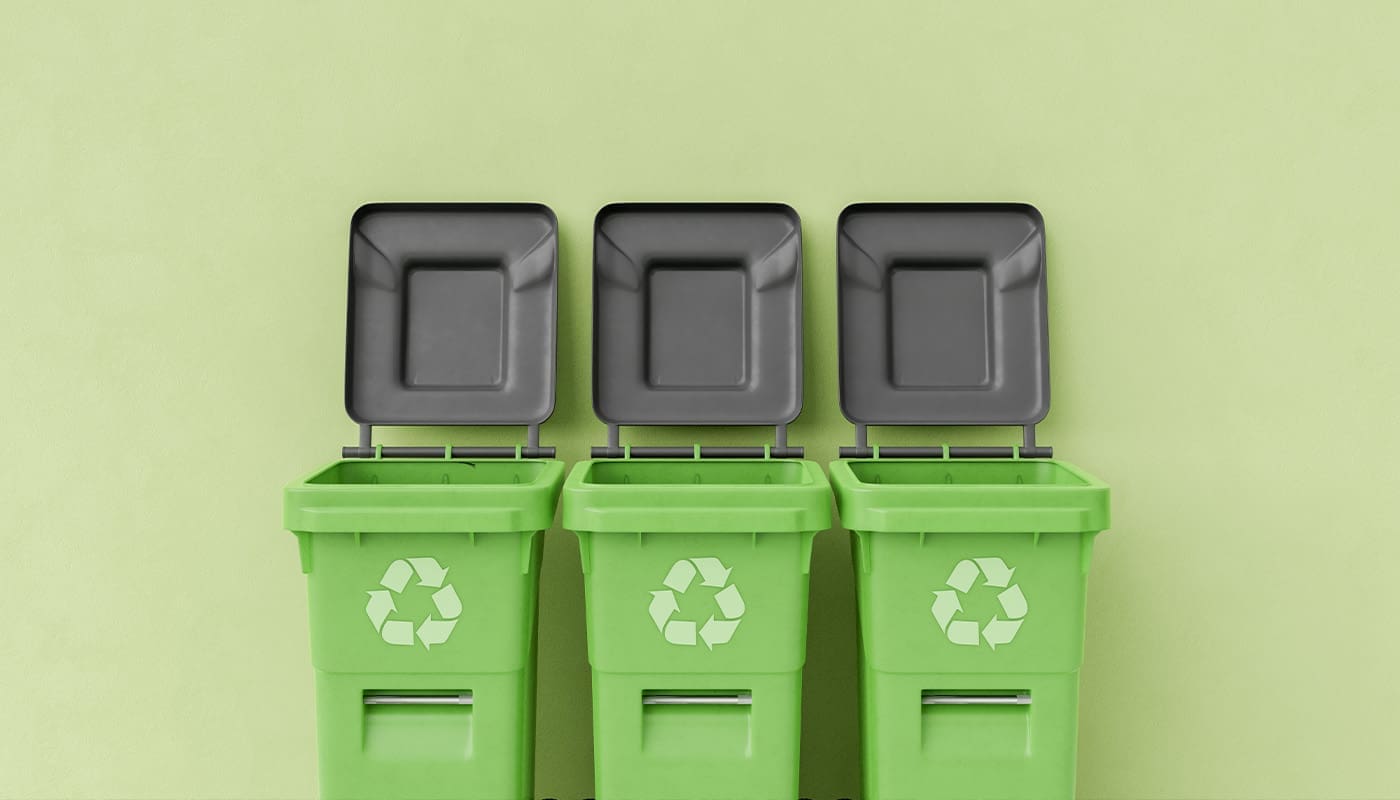
With new legislative updates rolling out this year, the waste management landscape is set to undergo significant shifts impacting how you should handle your waste processes.
For small and medium-sized enterprises, this means adapting to stricter requirements around waste separation. Understanding the changes is crucial to ensure you stay compliant.
Let’s dive into what’s changing, when it’s happening, and what your business needs to do to stay compliant
Mandatory collection of dry recyclable waste
By 31 March 2025, all non-household municipal premises—excluding micro-businesses with fewer than 10 full-time equivalent (FTE) employees—must ensure that arrangements are in place for collecting dry recyclable waste streams. Dry recyclables include common items such as paper, glass, metal, and plastic (excluding plastic films, which will have separate requirements). This early compliance deadline reflects the flexibility in commercial collection contracts, which are typically easier to adapt than residential collections.
For businesses, this means that recycling contracts must cover these specific recyclable streams, with particular attention to any plastic film which will require collection arrangements by 31 March 2027. Reviewing and possibly renegotiating your waste management contracts early is advisable to ensure compliance and cost-effectiveness.
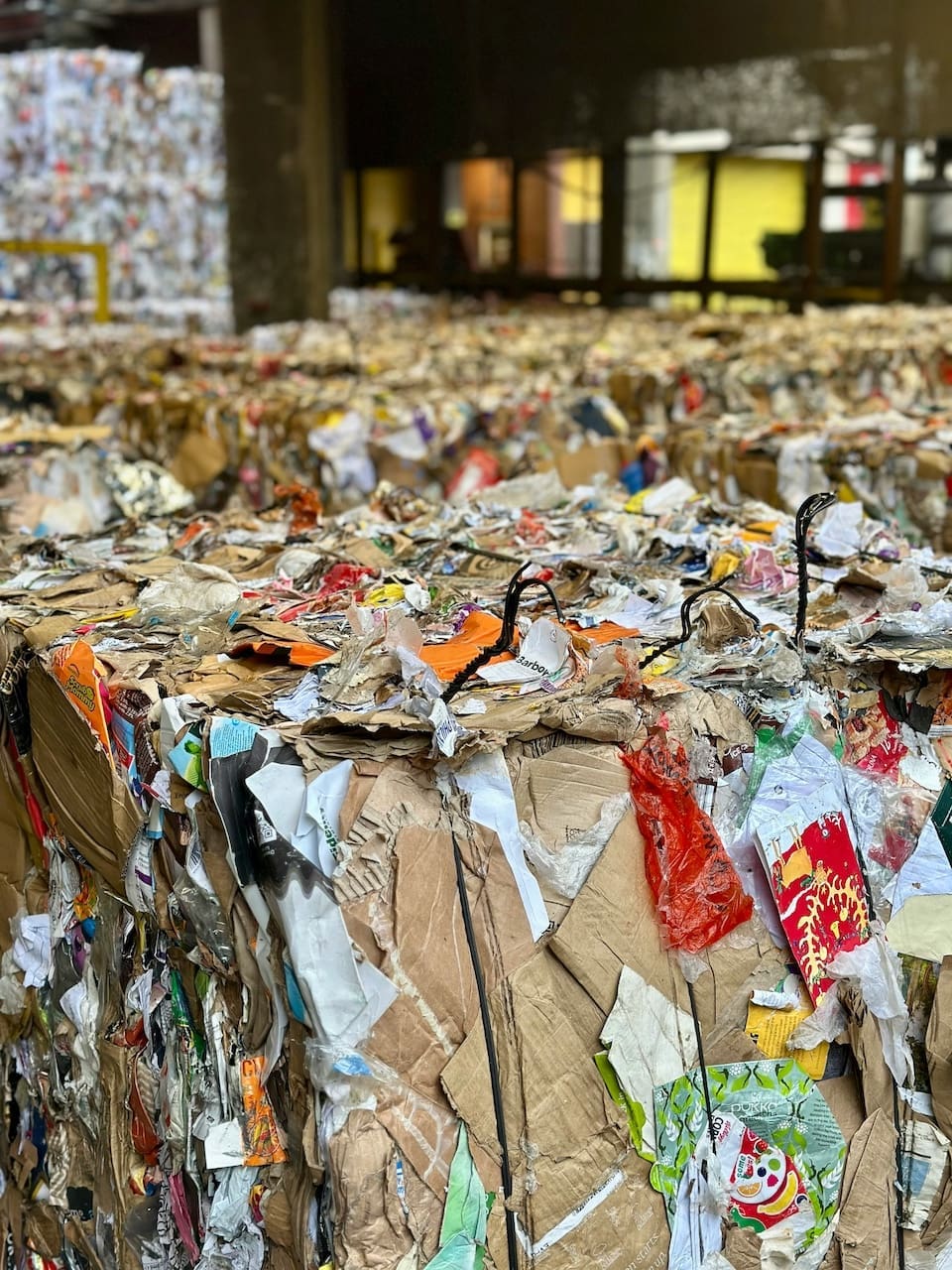
Food waste collection requirements
Businesses must also separate food waste by 31 March 2025 if they produce more than 5kg a week. For sectors that routinely handle or dispose of food, such as hospitality, catering, and food manufacturing, this will mean a change in how waste is separated and stored. Ensure that any food waste collection contracts meet legal requirements, as failing to meet the new requirements can lead to fines and reputational risks.

Phased compliance for micro-businesses
To accommodate micro-firms (businesses with fewer than 10 FTE employees), there is an extended compliance timeline. Micro-businesses are given until 31 March 2027 to comply with both dry recyclable and food waste collection requirements. This phased approach recognizes that smaller businesses may need additional time and resources to adapt. Importantly, multi-branch businesses with a cumulative employee count above the 10 FTE threshold do not qualify for this exemption.
By allowing this phased timeline, the government aims to support micro-firms in aligning with sustainable waste practices without causing undue financial strain. Organizations like WRAP are developing business support tools tailored to assist small enterprises in meeting these new requirements efficiently and cost-effectively.

Why compliance matters for SMEs
These regulatory changes are part of a larger strategy to reduce waste going to landfill and incineration, aligning with the UK’s Net Zero and Environment Act targets. For SMEs, compliance offers benefits beyond regulatory adherence. By implementing these recycling and waste collection practices, businesses can enhance their sustainability credentials, which is increasingly valuable for attracting eco-conscious consumers and investors.
Moreover, early preparation can lead to more favourable contract terms and help avoid last-minute costs associated with compliance rushes. SMEs that prepare now will be well-positioned to transition smoothly, minimizing disruption and potentially reducing waste management expenses over time.
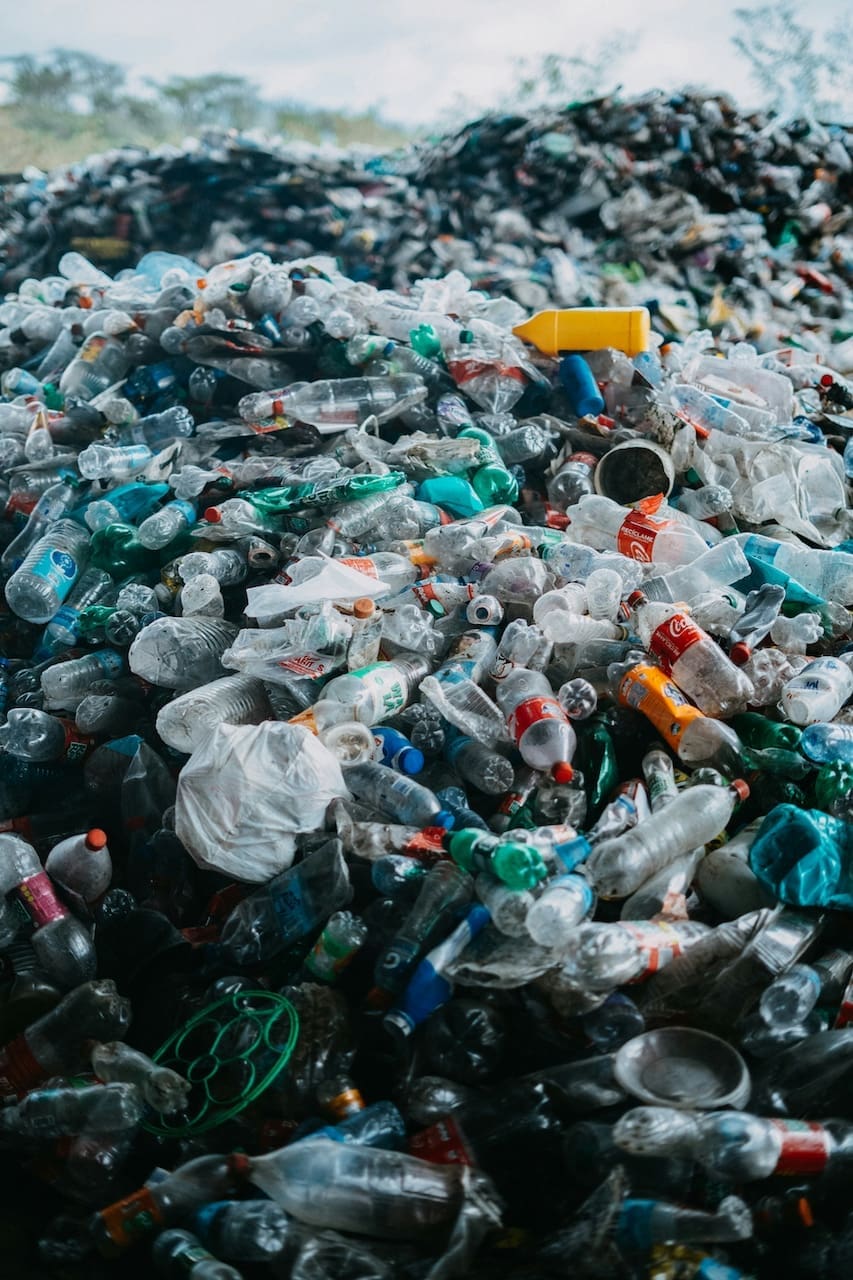
Practical steps for SMEs to prepare
- Assess Current Waste Streams: Conduct an audit of your waste to determine what types of recyclable materials and food waste are generated. This will help you understand which streams need collection arrangements.
- Negotiate Waste Contracts: Start discussions with your waste management provider about meeting the new requirements. Early action may allow for flexible terms and potentially lower costs.
- Leverage Available Resources: WRAP and other agencies will be providing tools to assist businesses. These resources can guide you in setting up effective waste segregation and collection practices.
- Engage Your Team: Educate employees on the importance of separating waste streams and ensure they know how to handle different types of recyclable materials and food waste. Clear communication and training can improve compliance and reduce contamination rates in recycling.
- Stay Updated: Regulations may evolve, so regularly review updates from industry sources and government announcements to ensure ongoing compliance.
Final thoughts
With these changes approaching, it’s crucial for businesses to act now to build a waste management strategy that aligns with upcoming regulations. Preparing ahead of time will make the transition smoother and reinforce your business’s commitment to sustainability, a priority that customers and communities are increasingly looking for.
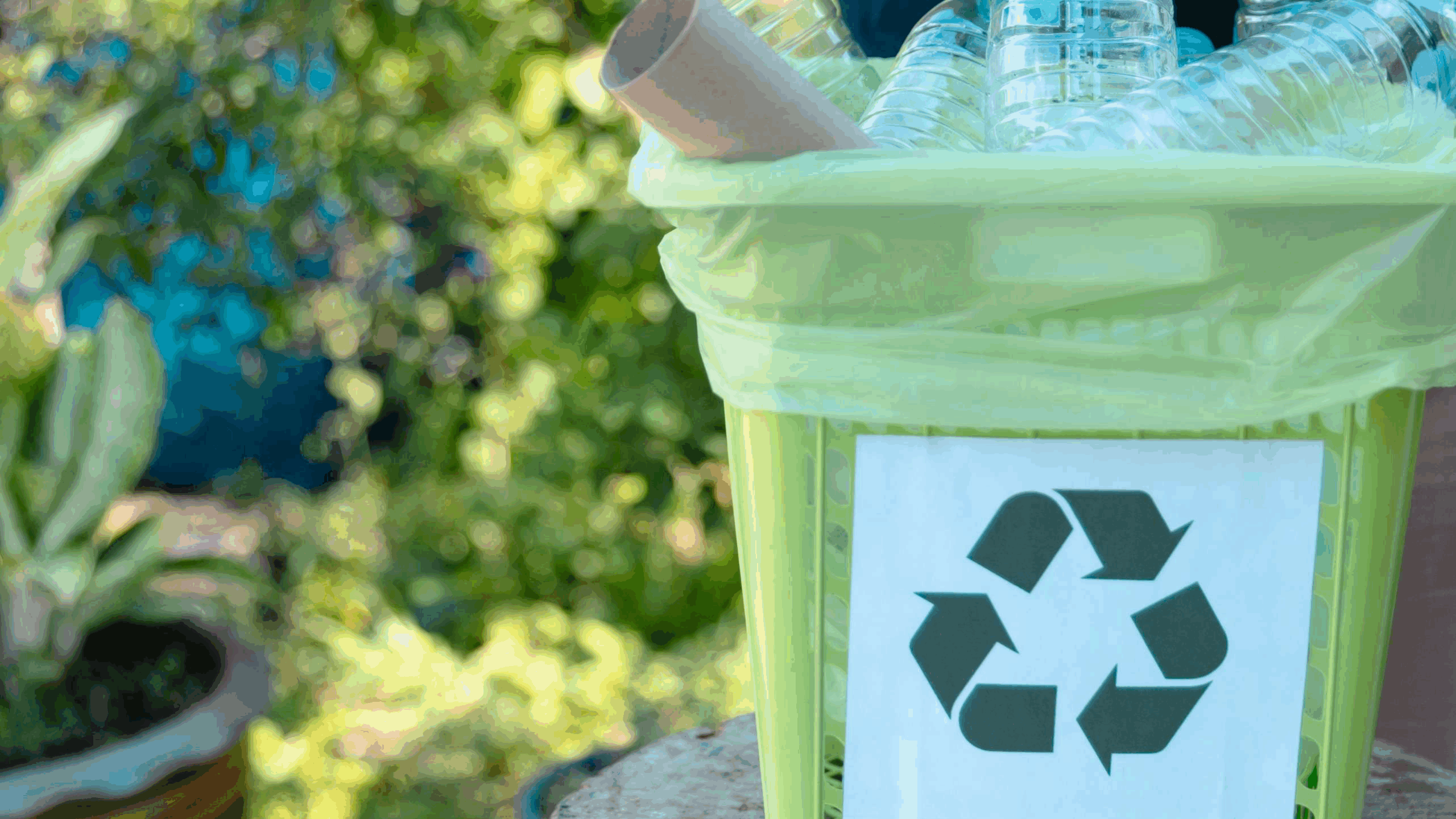

Contact Everflow today!
At Everflow, our goal is to make your utilities simpler – we ensure you get great-value contracts that are tailored to your needs and easy to manage. Get a bespoke quote using the link below.
